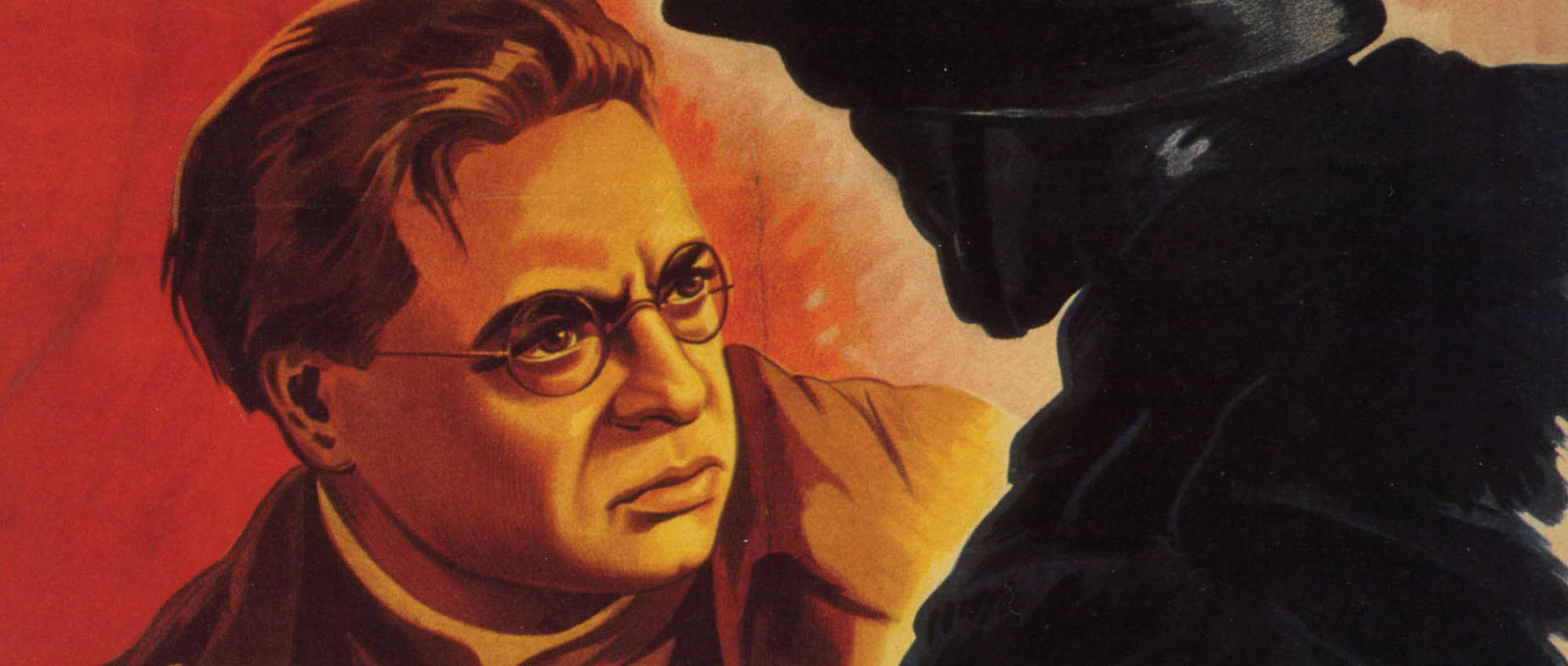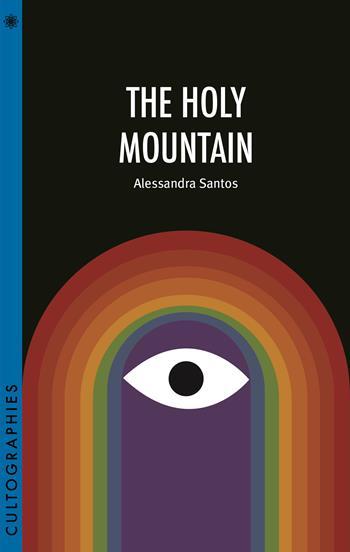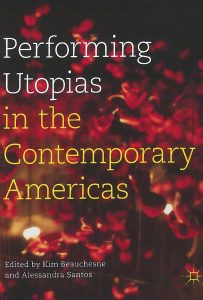Business Spanish of International Trade in the Hispanic World
Numerosas economías emergentes en Latino América (v.gr., Chile, México, Perú) han logrado establecer un importante rol internacional gracias a la comercialización de sus productos. Dicha situación le ofrece a quienes dominan el español como idioma materno o lengua adicional, explorar interesantes oportunidades de desarrollo profesional y personal.
El curso SPAN 309 introduce a los estudiantes al tema del Comercio Exterior. El énfasis es el intercambio comercial que existe entre Canadá y los países hispanoamericanos. Por ejemplo, los estudiantes aprenden acerca de las economías que se sustentan en base al intercambio internacional, los principales bienes y servicios que se comercializan y los mercados a los cuales se destinan dichos productos.
Para comprender y discutir las diversas unidades del curso (v.gr., los acuerdos comerciales, los procesos de transportes de los productos, la banca internacional, etc.), los estudiantes se familiarizan con la terminología técnica propia de estas materias. Asimismo, se estudian diversos textos audiovisuales y escritos relacionados con temas administrativos y logísticos propios de la importación y exportación, normativas legales y procedimientos que promueven el comercio internacional.
El curso SPAN 309 prioriza el aprendizaje empírico mediante el cual los estudiantes aplican a situaciones reales, los conceptos aprendidos. Por ejemplo, para completar el componente investigativo de las unidades, los estudiantes pueden: (a) visitar y conocer los departamentos de comercio exterior de los consulados latinoamericanos en Vancouver, (b) reunirse con representantes del Latino Canadian Chamber of Commerce, (c) contactar a representantes de compañías canadienses que comercializan productos desde y hacia los países hispanoamericanos.
Es así como el curso SPAN 309 permite a los estudiantes usar el español más allá de la sala de clases para conversar sobre las materias estudiadas, investigar temas relevantes y establecer sus propias redes de contactos.
Materiales de estudio:
Coursepack disponible en el sitio electrónico del curso.
Prerequisite: One of SPAN 207, SPAN 302.
Language of instruction: Spanish


